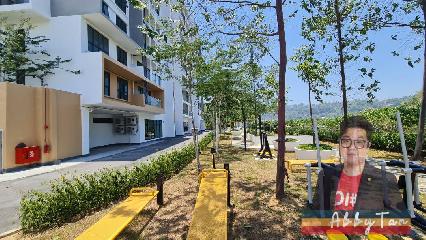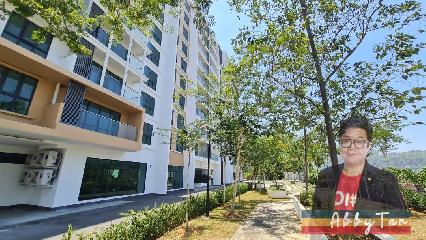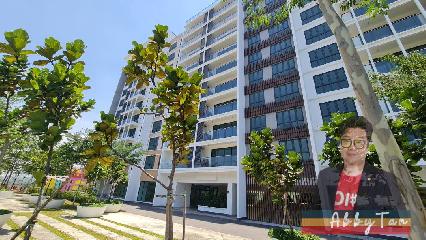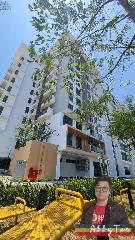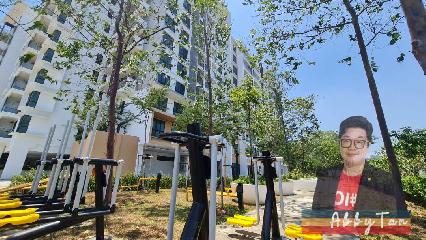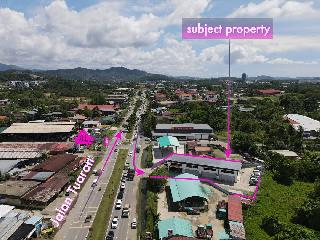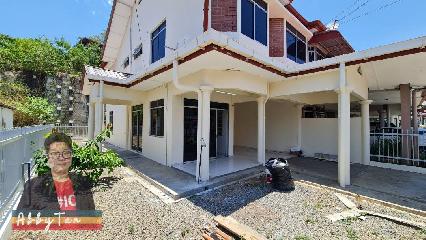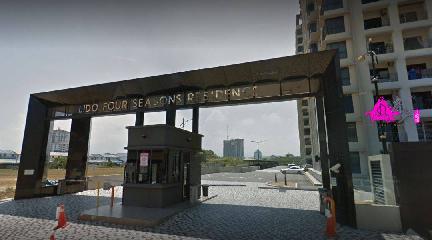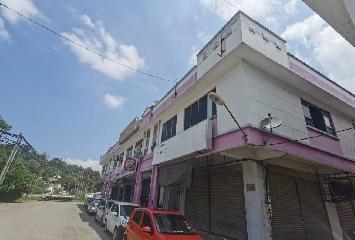With the continuous increase in the prices of houses and cars it seems like an impossible feat to own either one of them if your income is not more than RM 5,000 a month, but, with meticulous research and multiple coffee talks, is it still possible to invest with a basic salary of RM 2,000.
But, how much can I borrow? This is the most important question to ask before purchasing any house. Property is always a market that's trending, it has its highs and lows, but no one ever stops investing in it.
So, before you start hunting for a property, take a good look at your finances and expenditures. Although most people get a property loan when they purchase their property, they still need to come up with some upfront cash for the down payment. The next thing to ask yourself is, "Do you have enough saved in your account to make the down payment?â€
To gauge the maximum home loan you can apply for, it is always best to ensure that the total monthly instalments of all your outstanding loans and your prospective home loan do not exceed 60% - 70% of your nett income (after deductions). This is known as the Debt Service Ratio (DSR).
Once the DS has been determined, every bank will have their respective guidelines for maximum allowable DSR threshold. It is typically determined by one's income level, but it may also be affected by one's net worth and other subjective factors such as qualifications and age, in some cases.
Going by current market prices and bank rates, here is a rough breakdown of what it would cost to finance a RM 155,000, 3 bedrooms, 2 bathrooms, 750 sqft apartment out of the bustling metropolis today.
Property price: RM 155,000 (estimation)
Margin of finance: 90%
Loan amount: RM 139,500
Interest rate: 4.4% (estimation)
Tenure: 35 years
Monthly instalment: RM 652
Bump Up Your Loan Amount
When a banker is assessing how much to disburse to you, they look at a number of things including the affordability of your repayment, existing debts, credit rating and income.
In order to maximise the amount you can borrow, you need to minimise anything that might be a red flag to the bank and make sure your finances are in the best possible shape.
To put it bluntly, "fixing†a credit score is more about fixing errors in your credit history – if they exist. Raising your scores after a poor record on your report or building a good credit repo for the first time will take time, patience and discipline.
So what steps can you take to boost your borrowing power? The tips below should help you with maximising your borrowing potential, despite the bank's tight lending criteria.
1. Reduce your debts
By reducing balances on credit and store cards or your overdraft, the bank will assume that you are better able to cope with a bigger mortgage and may be prepared to lend your more.
Check your credit rating
A higher credit score may help you qualify for a lower interest rate. Your lower interest rate will reduce the monthly payment on a corresponding loan size or allow you to qualify for a higher mortgage amount.
Get a guarantor
First-time buyers can benefit from getting a guarantor to underwrite their mortgage. Banks may be more willing to lend if they know a parent with a good credit record will guarantee to repay the loan if you run into difficulties.
Consider buying with someone else
If both salaries are considered, and the person you are buying with earns more than you, it is possible to take out a bigger mortgage than if you were buying alone.
Get a "subprime†mortgage
The term "subprime mortgage†has a negative connotation because of the housing bubble and financial crisis it's often associated with, but subprime mortgages can be a gateway to homeownership for some people.
A subprime mortgage is a home loan with higher interest rates than their prime mortgage counterparts. The higher interest rates are in place to offset the risk of loan default by subprime mortgage borrowers who are risky customers because of poor credit. These mortgages can be either fixed or adjustable.
Some property developers in Malaysia with moneylending license have already started to offer up to 100% financing to their buyers. Such scheme is intended to assist Malaysians who have difficulties in securing a home loan
MyFirst Home / MyDeposit Scheme
Housing affordability leaves the biggest impact on middle-income households, not just in Malaysia, but also around the world. It is a major concern, especially in developed countries.
The median household income in Malaysia in 2014 was RM4,585 a month, and an affordable home for such a middle-income family should ideally set at RM165,000.
The biggest amount in any household budget is housing, and with prices of residential properties skyrocketing in Malaysia at a much faster pace than household incomes, Malaysians are finding it increasingly difficult to own a roof over their head.
The Government has implemented many initiatives to control the escalating property prices, from cooling measures to stop speculation, to financial aid to help the lower- and middle-income groups to be able to afford their first home.
The MyFirst Home Scheme is one of the measures announced by the Government in the 2011 Budget aimed at assisting young adults to own a home. The scheme allows homebuyers to obtain 100% financing from financial institutions, enabling them to own a home without having the need to pay a 10% down payment.
Cagamas SRP Berhad will guarantee the banks on financing above the 90% level. For example, if a borrower obtains 100% financing, Cagamas SRP will guarantee 10% (from 90% to 100%) of the financing. What does this mean? It means that the borrowers are liable to the bank for the full financing amount (up to 100%). The guarantee only insures the bank for any loss incurred as a result of financing above the 90% level.
The MyDeposit Scheme was first announced in Budget 2016 last October. It aims to help the lower-and middle-income groups, with a household income of RM10,000 and below, to purchase their first home.
This is perfect for those who are struggling to save up enough to cover the down payment of a property. For first-time property buyer, whose finances are in the pink of health, they are typically offered a 90% property loan. Hence, the shortfall of 10% is paid in cash by the buyer as down payment.
The Government understands the difficulty first-time home buyers are facing, and hence, about RM200 million has been allocated for the MyDeposit Scheme. This scheme essentially helps first-time home buyers cover the 10% of down payment, or a maximum of RM30,000, whichever is lower.
Skyrocketing property prices over the past few years have also prompted unmarried couples, siblings or even friends to buy real estate together in a desperate bid to get their feet on the property ladders, despite the potential risks should their relationship turn sour.
Do not rush into making an investment if you know that the monthly repayment is not within your means. Take your time and slowly study the place which you plan to invest in.

_PH_Banner_(Desktop)(1200x180px).png)
.jpg)
.jpeg)

.jpg)

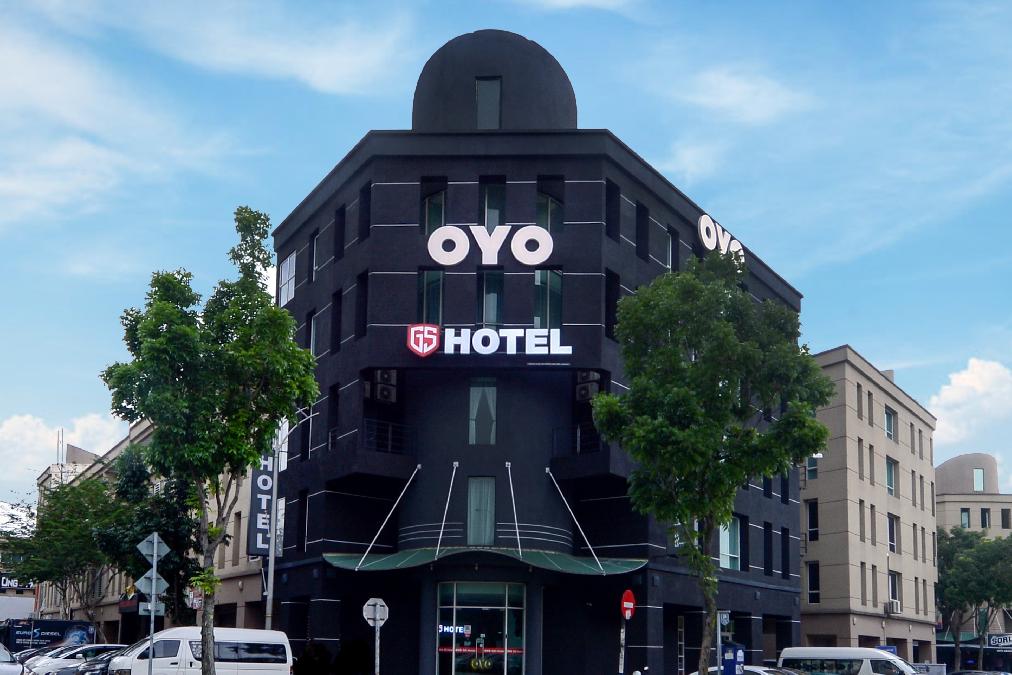

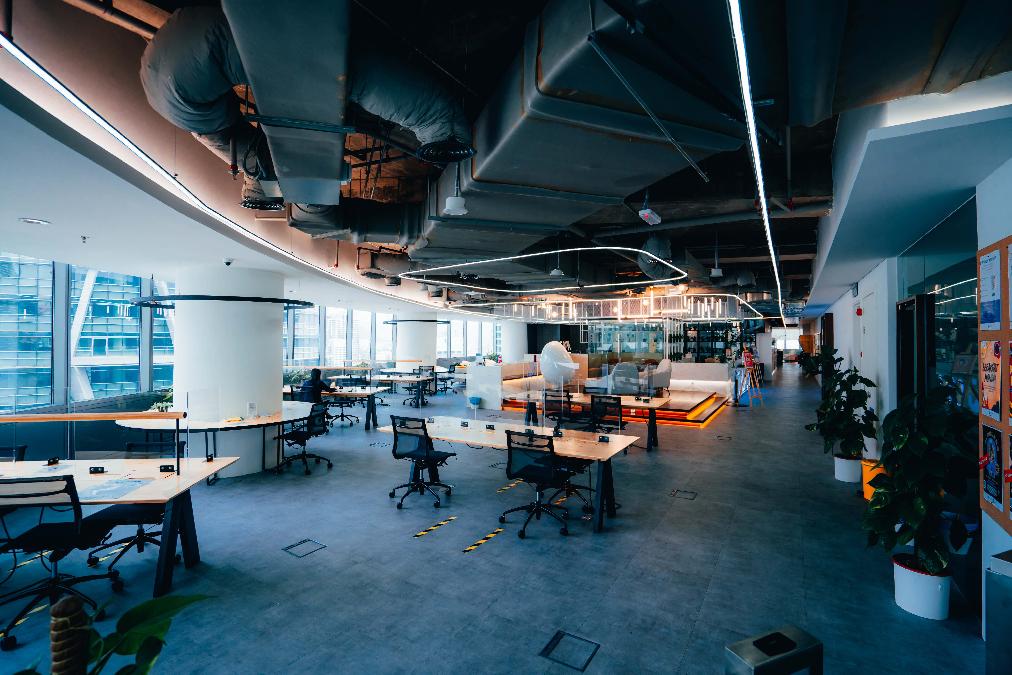

_(2).png)
.jpg)
.jpeg)

